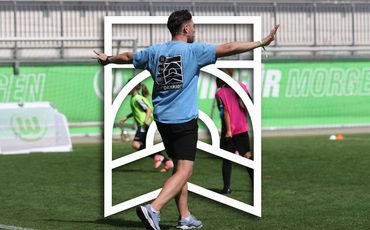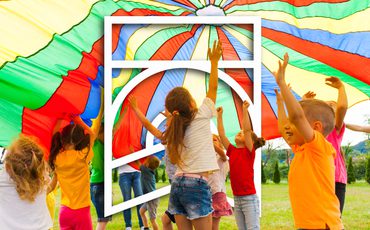Supporting Young People with Disabilities to Engage in Sport
Creating inclusive sport environments is one of the most rewarding and impactful roles a coach can play. Supporting young people with disabilities not only enhances their experience but also helps coaches grow in empathy, creativity, and adaptability. While many coaches may feel uncertain about working with disabled participants, the truth is that the skills they’ve already developed through coaching are a strong foundation.
Every Young Person Is Unique
The first step in supporting young people with disabilities is recognising their individuality. Avoid thinking of them simply as “disabled”—instead, get to know them as people. Ask questions like:
- How long have they been involved in sport?
- What do they enjoy most?
- What challenges do they face in attending sessions?
Once trust is built, it’s okay to ask about their disability in a respectful and supportive way. For example, a visually impaired athlete might be asked: “How much can you see?” or “What helps you see better?” These conversations show genuine interest and help tailor coaching to their needs.
Understanding the Diversity of Disabilities
Disabilities come in many forms—physical, sensory, intellectual, and hidden. While visible disabilities may be easier to identify, hidden ones like autism, mental health conditions, or traumatic brain injuries require deeper understanding. Coaches should educate themselves on how these impairments affect participation and plan sessions accordingly.
Using the STEP Model for Inclusion
The STEP Model—Space, Task, Equipment, and People—is a practical framework for creating inclusive sessions:
- Space: Modify the playing area to suit different needs. For example, create zones for wheelchair users to practice manoeuvring.
- Task: Adjust the difficulty by changing rules, goals, or time limits to accommodate varying abilities.
- Equipment: Use adaptive tools like balls with bells or brightly coloured cones to support visually impaired athletes.
- People: Consider social dynamics. For example, young people with autism may benefit from starting with individual activities before joining group play.
Flexibility and Creativity Are Key
Inclusive coaching requires flexibility, creativity, and a willingness to adapt. These qualities are central to good coaching and can transform the experience for all participants. By embracing inclusive practices, coaches not only support young people with disabilities but also enrich the entire team environment.
Watch the full video below
Comments
Related Pages


